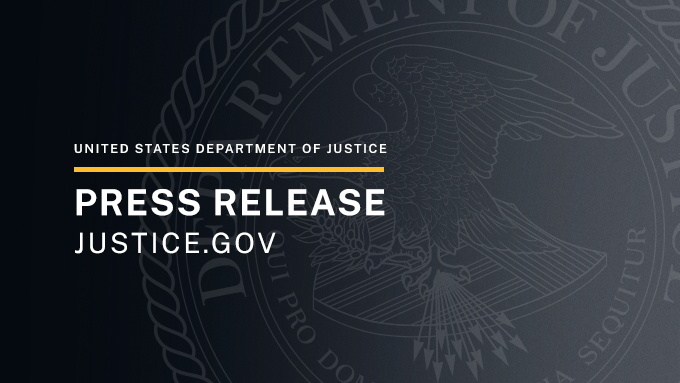A disturbing case has come to light in Tulsa, Oklahoma, as a 25-year-old man, Andrew Scott Hastings, appeared before a federal judge for allegedly trying to supply 3-D printed weapons to an individual he believed was acting on behalf of al-Qaida.
The criminal complaint against him was unsealed today, revealing a complex investigation involving multiple federal agencies.
Charges and Allegations
Hastings faces charges of attempting to provide material support or resources to a designated foreign terrorist organization, along with illegal possession or transfer of a machinegun.
Court records indicate that Hastings, who was enlisted in the U.S. Army National Guard, worked as an aircraft powertrain repairer and held a national security clearance.
Despite his position, he allegedly failed to report international travel as required while serving.
Social Media Discussions Raise Red Flags
The FBI began monitoring Hastings in June 2024 after learning he had been discussing violent acts against U.S. civilians on a social media app, framed in the context of global jihad. Hastings reportedly encouraged other users to develop cybersecurity skills and undertake physical training. Over several months, he shared more than 500 pages of notes, Army manuals on tactics, and information on weapons manufacturing.
Court records also reveal Hastings claimed prior encounters with law enforcement and offered advice on avoiding detection.
He allegedly discussed making firearms, expressed interest in creating a nuclear weapon, and described using tunnels to shield armed militants, echoing tactics reported in news accounts of Hamas activity in Gaza.
Contact with Undercover Agent
The investigation intensified when Hastings began communicating with an undercover agent claiming to have ties to al-Qaida.
Conversations covered 3-D printed firearms, machinegun conversion devices known as “switches,” and drones.
Hastings provided a link to a website offering 3-D printed switches for sale and was observed on surveillance footage shipping boxes containing more than 100 switches, two 3-D printed lower receivers for a handgun, a handgun slide, and various handgun parts—all allegedly intended for terrorist use.
Resignation from the Guard
During the course of the investigation, Hastings voluntarily discharged from the National Guard on June 6, 2025, while the case continued to unfold.
Multi-Agency Investigation
The case involves several federal and local agencies, including the FBI Oklahoma City – Tulsa Resident Agency Joint Terrorism Task Force, the Army Counterintelligence Command, the Bureau of Alcohol, Tobacco, Firearms and Explosives, and the Tulsa Police Department.
Assistant Attorney General for National Security John A. Eisenberg, U.S. Attorney Clinton J. Johnson for the Northern District of Oklahoma, and Assistant Director Donald Holstead of the FBI’s Counterterrorism Division jointly announced the case.
Prosecutors include Assistant U.S. Attorneys Nathan E. Michel, Matthew P. Cyran, and Christopher J. Nassar, with support from Trial Attorney Elisa Poteat of the National Security Division’s Counterterrorism Section.
Presumption of Innocence
It’s important to note that a criminal complaint is merely an allegation.
Hastings is presumed innocent until proven guilty beyond a reasonable doubt in a court of law.
